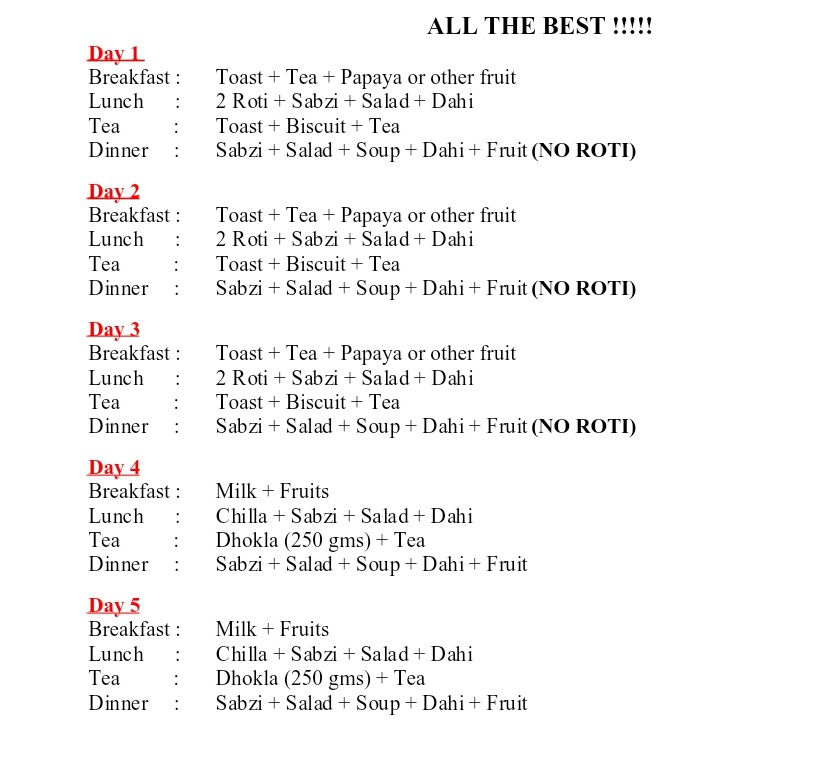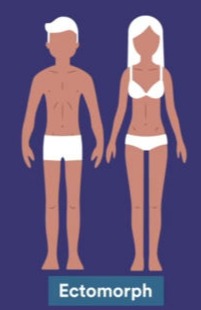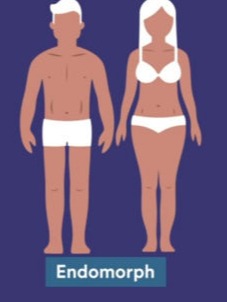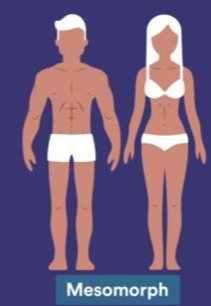

TO LOSE WEIGHT


TO LOSE WEIGHT

What to Eat (mass gainer)
In terms of nutrition, a diet that is high in calories, carbs, protein and fat will aid you in your quest for muscle gain.This should not be mistaken for eating precisely what you like. Rather, it just means you should eat more of what is healthy. Good news: you don’t have to steer clear of carbs such as oats, wholemeal bread and potatoes. Fats found in nuts, seeds and avocado will also bring about the right results. “Ectomorphs should respond well to carbs, which will spike blood sugar and help to drive protein to their muscles,” “Stick to the complex kind, such as sweet potatoes and brown rice.” Aim for 2g per kilo of bodyweight per day of protein minimum, but be wary of overdoing it.
Ectomorphs who are sub-15% body fat should aim for 8g carbs, 4.3g protein and 1g fat per kg of bodyweight on training days. On rest days reduce the carbs to 7g. A high carb diet will spike blood sugar, helping drive protein to your muscles without elevating insulin resistance.
What Else?
“It’s important for ectomorphs to use supplements properly,” says Hughes. “I’d advise a carb/protein shake to drink before and during your workout, and either another one or a good meal afterwards.”
IN SHORT HIGHER THE CARB MODERATE PROTEIN & LOW FAT

What to Eat
From a nutrition perspective, a low-carb diet that still includes oats and brown rice should be complimented by a high protein and fibre intake. Nutrients such as green tea and spinach will help with the fat burning process. You’ll have to watch what you eat more strictly than people with other body shapes. “Get your carbs from vegetables,” says Purdue, “and steer clear of white bread and rice.”
Endomorphs who are sub-15% body fat should aim for 2.5g carbs, 3.5g protein and 1.3g fat per kg of bodyweight on training days. On rest days reduce the carbs to 2g. Endomorphs are more susceptible to gain fat on high carb diets, so start low and only increase carbs if progress stalls.
What Else?
“There’s evidence that extra weight around the midsection indicates high stress levels or a low ability to handle stress,” says Purdue. “Try to minimise the effects of the stress hormone cortisol by getting plenty of sleep and avoiding overtraining.” And avoid sports drinks. “They’re full of carbs,” says Purdue, “and they’ll spike your blood sugar through the roof.” And, of course, steer clear of the booze.

What to Eat
Although the usual caveats apply, the good news is that your body will respond well to whatever healthy food you put into it. “You can eat a moderate amount of carbs,” says Hughes. “And err on the side of more when it comes to protein.” A basic guideline for mesomorphs to follow would be to consume meals that are 40% complex carbohydrates, 30% lean protein and 30% healthy fats. So, for example, a plate that contained vegetables such as cauliflower and broccoli, grilled chicken and olive oil on wholegrain bread would represent a staple dish for this body type.
Mesomorphs who are sub-15% body fat should aim for 6g carbs, 4g protein and 1.2g fat per kg of bodyweight on training days. On rest days reduce the carbs to 5g. More healthy fats will make up
for the reduced carbs without risking insulin sensitivity that can make you store fat.
What Else?
“Mesomorphs respond well to creatine,” says Hughes. “It’ll aid their recovery from athletic workouts and help them work out harder.” You should also factor in recovery days. “Although the explosive nature of athletic workouts minimises the eccentric [lowering] portion of your moves, which helps stave off muscle soreness, some light movements on your rest days will help get the blood flowing and keep you fresh.”